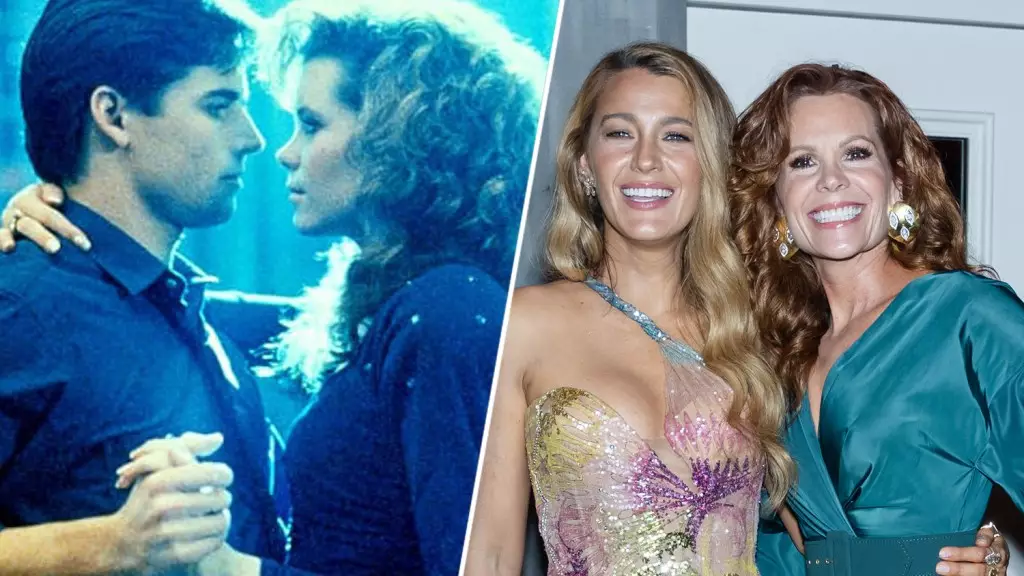In the realm of 1980s teen cinema, few films have captured the hearts of audiences like *Teen Witch*. Celebrating its 35th anniversary, the film is not only a nostalgic piece of entertainment but also a testament to the strength of familial bonds, particularly the relationship between actresses Robyn Lively and her sister Blake Lively. Robyn recently reflected on this dynamic in an interview, revealing that Blake, her younger sibling, has always been a devoted fan of the film, which debuted in 1989. This connection adds layers to the narrative, transcending the screen and forging a lasting link between two sisters who grew up in the limelight.
Blake’s admiration for *Teen Witch* serves as an endearing example of how the film has resonated across generations. While it may not have been an immediate hit upon its release, the enduring appeal of the story and characters has allowed it to become a beloved cult classic. Robyn’s recollection of her sister “fanning out” over her performance illustrates how art can cultivate personal connections within families and highlight how a film can take on new meanings for different viewers as time passes.
At its core, *Teen Witch* revolves around Louise Miller, played by Robyn, a high school outcast who discovers that she possesses magical capabilities as she approaches her sixteenth birthday. With her newfound power, Louise seeks to alter her social status, casting spells to become popular, particularly in her desire to attract the attention of the handsome jock, Brad. The film encapsulates a universal teenage theme: the quest for acceptance and the longing to transcend the boundaries of adolescence.
Robyn’s discussion about how the film has helped people navigate challenging personal journeys reinforces the notion that art is not merely entertainment. Instead, it can provide comfort and inspiration during formative years. The transformative aspect of the movie resonates deeply with audiences who find parallels between their lives and Louise’s struggles. The notion that a lighthearted film can significantly impact individuals speaks volumes about the subtle strength of storytelling.
Despite receiving mixed reviews and facing stiff competition from blockbusters like *Field of Dreams* and *Pet Sematary*, *Teen Witch* has carved out a niche following. It is remarkable how films that once floundered in box offices can later receive acclaim as cult classics. This resurgence invites discussion about how perception can shift over time, paving the way for deeper exploration of a film’s cultural significance.
Robyn has noted the powerful responses she has received from fans, emphasizing that the film stands out as the most cherished project of her career. These interactions not only reflect *Teen Witch*’s cultural value but also emphasize the importance of narrative in shaping personal identities. It has become a touchstone for many individuals who experienced its magical charm at various points in their lives, forging community among fans and igniting conversations that continue to flourish decades after its release.
Ultimately, Robyn Lively’s journey with *Teen Witch* intertwines with her sister’s admiration, embodying the power of shared experiences and the impact of storytelling. Whether it serves as a source of inspiration, comfort, or mere entertainment, *Teen Witch* endures as a cultural artifact that connects people through its fantastical themes of transformation, acceptance, and family. The film exemplifies how stories, even those initially deemed failures, can evolve, gather momentum, and ultimately change lives in unexpected ways.

Leave a Reply